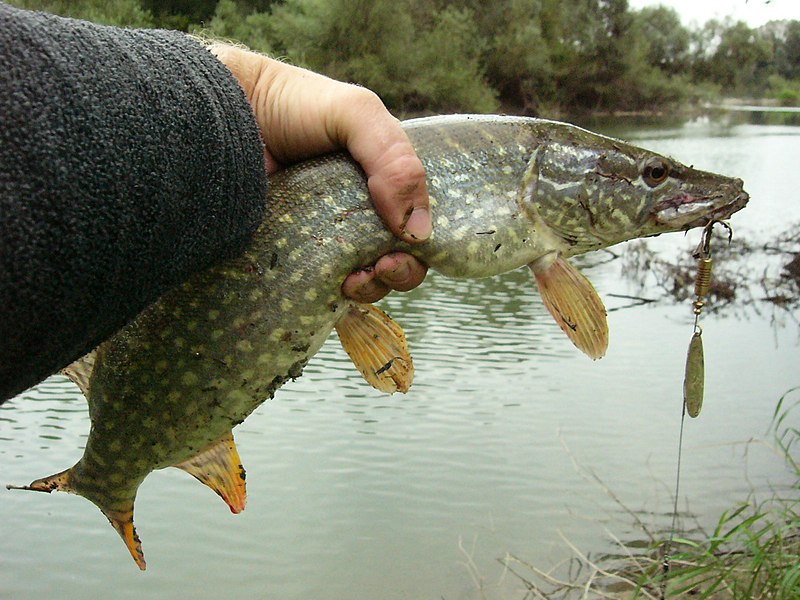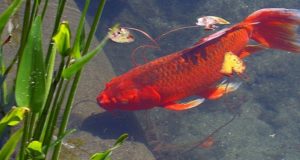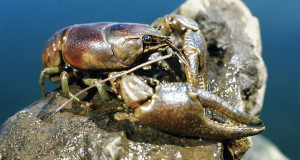Hello, Frank Indiviglio here. Many aquarists, myself included, enjoy fishing from time to time. I come home from each fishing trip with new insights and observations…and some of my most interesting aquarium pets have been native species taken by net or hook while angling. But in these times of plummeting fresh water and marine fish populations, one cannot help but question the ethics of recreational fishing. Well, fear not – there are many ways that responsible anglers can continue fishing and support conservation in the process.
Tag and Release Programs
Most fishes remain out of sight (at least to us!), and many travel great distances. Tagging programs are, therefore, considered by ichthyologists to be vital in planning effective conservation strategies
When proper hooks and careful release techniques are employed, survival rates for released fishes are quite high. Anglers can participate in a number of conservation programs that utilize tags to track fish movements. By physically applying these tags and reporting any tag-bearing fishes that are taken, both recreational and commercial anglers have generated a wealth of important data would be otherwise difficult to obtain.
Much of value has already been learned. For example, tag returns have revealed that the Atlantic Bluefin Tuna, one of the world’s most highly endangered species, crisscross the Atlantic Ocean, traveling from Norway to New England and the Bahamas. International cooperation is therefore required if protection is to be effective.
Volunteer Programs in the USA
The American Littoral Society maintains the USA’s most ambitious fish-tagging program. Since its inception in 1965, the program, relying upon volunteer anglers, has generated information on the mortality rates, breeding and feeding grounds, longevities and migration routes of a wide variety of fish species.
 The wildlife agencies of individual states often host volunteer-based tagging programs as well. You can find out what your state is doing in this regard, and how to become involved.
The wildlife agencies of individual states often host volunteer-based tagging programs as well. You can find out what your state is doing in this regard, and how to become involved.
Further Reading
You can learn more about Tuna tagging and similar conservation programs on the website of the Large Pelagics Research Lab.
Information on the American Littoral Society’s fish tagging program.
Please write in with your questions and comments.
Thanks, until next time,
Frank Indiviglio
 That Fish Blog – Aquarium Advice and Information
That Fish Blog – Aquarium Advice and Information


